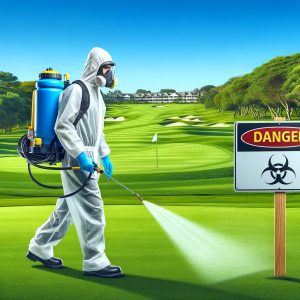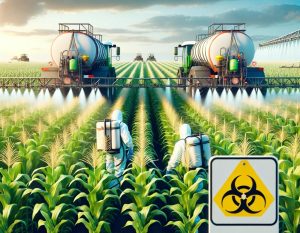The concerns surrounding glyphosate, the active ingredient in many herbicides are multifaceted and involve environmental, health, and regulatory issues.
Glyphosate Health Concerns:
Cancer Risk: The International Agency for Research on Cancer (IARC), a branch of the World Health Organization (WHO), classified glyphosate as “probably carcinogenic in humans” (Group 2A) in 2015 based on limited evidence of cancer in humans (from real-world exposures that actually occurred) and sufficient evidence of cancer in experimental animals.
This classification has fueled ongoing debates and legal battles, despite other regulatory bodies, including the EPA, concluding that glyphosate is not likely to be carcinogenic to humans based on their assessments.
Environmental Impact:
- Biodiversity Loss: Glyphosate’s effectiveness as a broad-spectrum herbicide can lead to decreased plant diversity which can have cascading effects on ecosystems, including impacts on pollinators and other wildlife.
- Weed Resistance: The widespread use of glyphosate has led to the evolution of glyphosate-resistant weed species, which can become difficult and costly to control, leading to increased herbicide use.
It’s important to note that the context of glyphosate’s use (e.g., adherence to label directions, personal protective equipment usage) and exposure levels are critical factors in assessing its risks.
Problem with Glyphosate Resistance

 Dallas Fort Worth Injury Lawyer Blog
Dallas Fort Worth Injury Lawyer Blog





